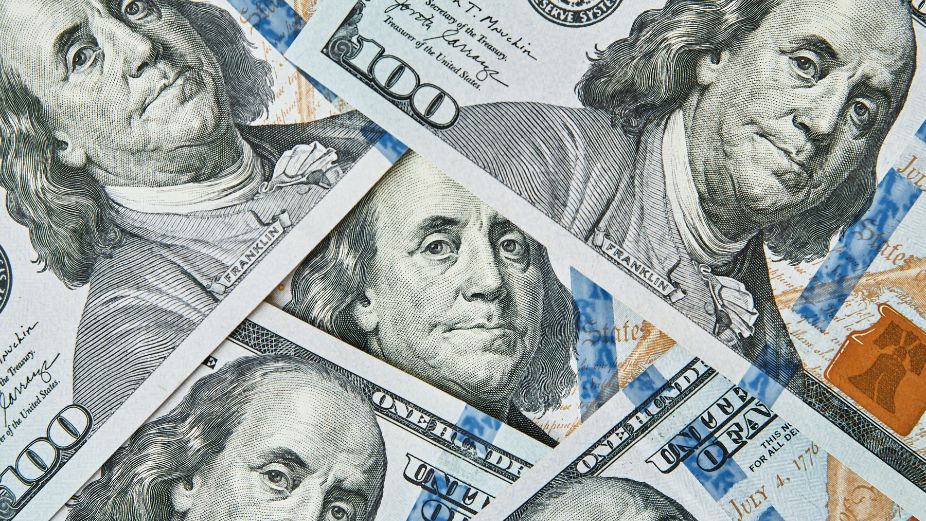
For years, the Bank of Maldives (BML) has carried the burden of being the country’s primary source of US dollar services for citizens. In a nation heavily reliant on imports and outbound transactions, the demand for dollars touches every corner of daily life. Students paying overseas tuition fees, families seeking medical treatment abroad, and migrant workers sending remittances home all depend on reliable access. However, the burden of navigating dollar scarcity is becoming too great for a single provider to manage efficiently and equitably.
This is where Maldives Islamic Bank (MIB) could make a meaningful difference.
The Everyday Struggle for Dollars
Maldivians seeking access to US dollars often face restrictions that can seem arbitrary. At the centre of this is the limited monthly foreign transaction limit imposed on MVR-denominated cards. Most recently, the Bank of Maldives raised this limit from USD 250 to USD 500 per month for foreign payments from their debit cards, and maintained a cap of USD 125 for overseas ATM withdrawals, which incur a fee of USD 10 per transaction.
In addition to these constraints, the bank has introduced a new transaction fee of up to 30 percent on purchases made from selected e-commerce platforms. This includes popular sites such as Temu, Shein, Alibaba, AliExpress, Lazada, and eBay. For ordinary consumers, especially young people and families who rely on these platforms for affordable goods, this fee represents a significant barrier to accessing international markets.
The challenges are especially acute for students pursuing education abroad, patients requiring foreign medical services, and families making legitimate foreign payments for subscriptions, digital tools, or travel. Many are forced to rely on informal markets, at exchange rates far worse than the official rate. This not only leads to inefficiency and inequity but also risks distorting the broader financial system.
Why MIB Is Uniquely Positioned
While BML remains the dominant player, MIB’s rise in recent years cannot be ignored. It has established a solid digital infrastructure, seen steady growth in its customer base, and gained public trust through its Sharia-compliant offerings. Despite this, its current capacity to serve citizens with dollars remains limited, especially in comparison to BML.
As of now, MIB allows only customers with salary deposits to access international transactions, with foreign transaction limits capped at USD 250. This is lower than BML’s limits currently and excludes many everyday users, including self-employed individuals and small business owners. Moreover, MIB’s cards are not yet enabled for broader foreign use in the same seamless way as their competitor’s.
Yet with targeted reforms and the right backing, MIB could do much more. Its Sharia-compliant principles could appeal to a wide demographic. Expanding MIB’s role would not only improve dollar access but also introduce much-needed competition into a space long held by a single bank.
The Case for Diversification
Financial monopolies, especially in small island economies, can stifle innovation, reduce service quality, and increase systemic risk. Diversifying the providers of dollar services is not just good economic strategy. It is also sound policy. A healthy financial ecosystem benefits from multiple institutions innovating in parallel, each pushing the other to improve their services and better meet citizen needs.
By equipping MIB to operate more competitively in the foreign currency space, customers would have more options. The load currently borne by BML would be more equitably distributed. This could also reduce congestion, improve turnaround times, and create price stability in the unofficial forex market by offering more formal access points.
What MMA Could Do to Support This Shift
To make this a reality, regulatory and institutional support will be crucial. The Maldives Monetary Authority (MMA) could play an enabling role through several key measures.
First, MMA could increase foreign currency allocations for both MIB and BML, allowing them to expand access to dollar services. Second, it could provide regulatory clarity and flexibility to encourage innovation in dollar transactions, including support for Sharia-compliant dollar credit and digital cross-border tools. Third, MMA could take a more active role in promoting financial literacy across the country, working alongside all licensed banks to help the public better understand their options and navigate available services confidently.
MMA’s recent policies, such as requiring tourism-related businesses to convert their foreign currency earnings, show a willingness to rebalance dollar flows in the economy. A similar rebalancing is now needed in consumer-facing dollar services.
A More Inclusive and Sustainable Future
Dollar access should not be a privilege of proximity or legacy bank accounts. It should be a basic financial right for all Maldivians. Expanding MIB’s role in this ecosystem would reflect a more inclusive financial vision. One that distributes opportunity across religious, economic, and geographic lines.
While BML’s long-standing role remains important, the future demands a broader playing field. By tapping into its existing strengths and receiving the right institutional backing, MIB could be a real contender in ensuring that no Maldivian is forced to rely on informal workarounds to participate in the global economy.
The time to act is now. The need is real. And the solution may be closer than we think.












